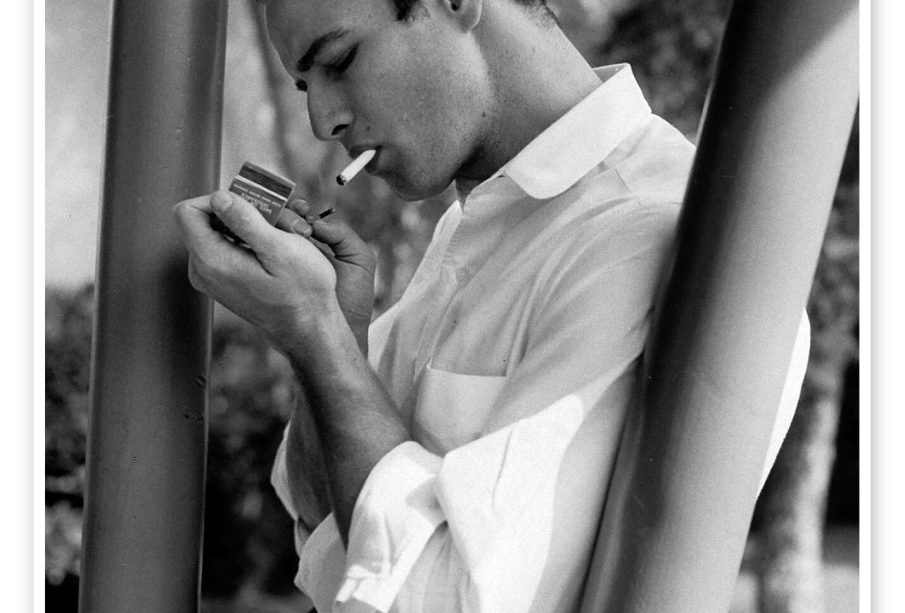The Enduring Legacy of Marlon Brando in Film History

Introduction
Marlon Brando, one of the most celebrated actors in cinematic history, is renowned for his transformative performances that reshaped acting techniques. His influence on both the film industry and the art of acting continues to resonate even decades after his passing in 2004. With a career spanning over half a century, Brando’s legacy is a topic of great interest as it reflects the evolution of modern cinema.
Career Highlights
Brando’s career began in the early 1950s when he starred in iconic films such as “A Streetcar Named Desire” (1951) and “On the Waterfront” (1954), for which he won his first Academy Award for Best Actor. His technique of method acting, characterized by deeply personal character interpretation and emotional authenticity, paved the way for future generations of actors. Brando was not just an actor; he was a cultural phenomenon whose performances have been analyzed and revered over the years.
His role as Vito Corleone in “The Godfather” (1972) is perhaps the most recognized. The film itself redefined the gangster genre and earned Brando his second Oscar, though he controversially sent a Native American activist to decline the award in protest of Hollywood’s portrayal of Native Americans. This act of defiance demonstrated not only his commitment to social justice but also his complex relationship with fame and the industry.
Impact on Film and Society
Brando’s willingness to challenge traditional norms in filmmaking and social issues left an indelible mark. He challenged the status quo not only through his acting but also through his involvement in political activism. Brando’s rejection of the Hollywood system and his fight for Native American rights opened dialogues about representation in media—topics that are still critically relevant today.
Conclusion
The significance of Marlon Brando extends beyond his impressive resume as an actor. As an artist who pushed boundaries, he transformed how stories are told on screen and shaped the expectations of what an actor can be. In the years following his death, discussions about Brando’s influence remain vital for understanding the trajectory of American cinema and its relationship with societal issues. His legacy invites new generations to not only admire his work but also to contemplate the ongoing impact of storytelling in shaping cultural narratives.









